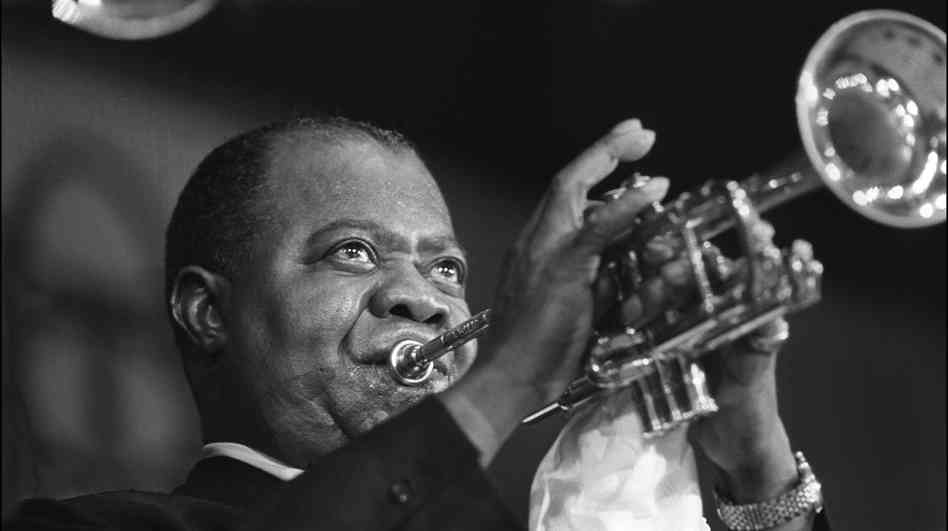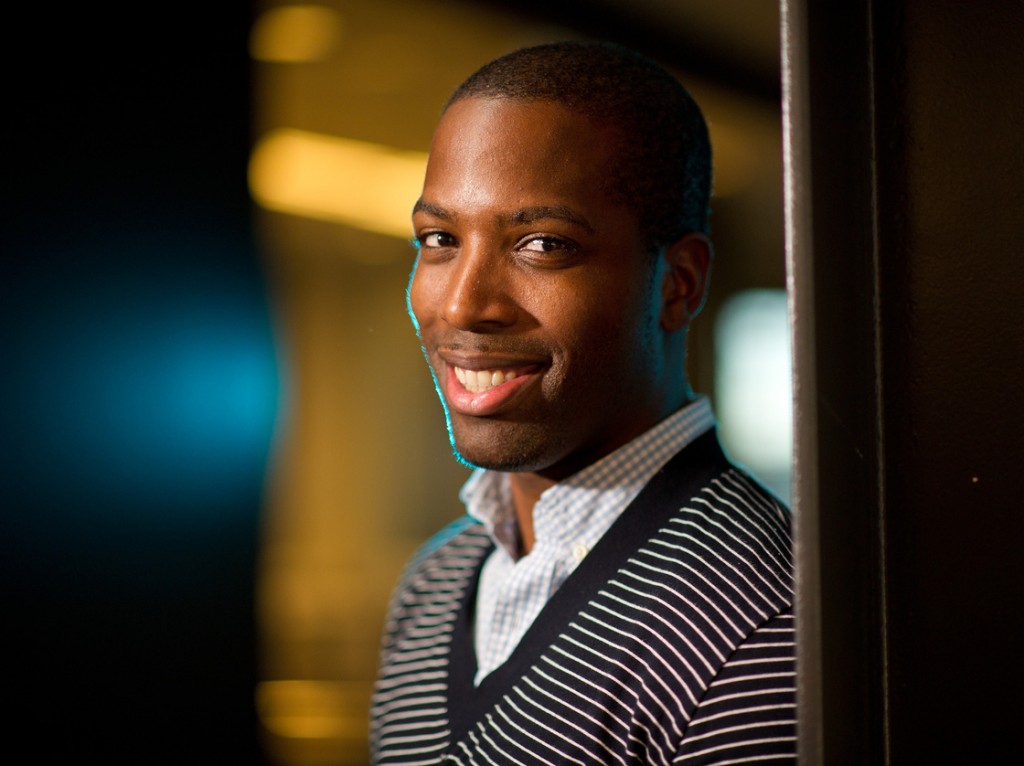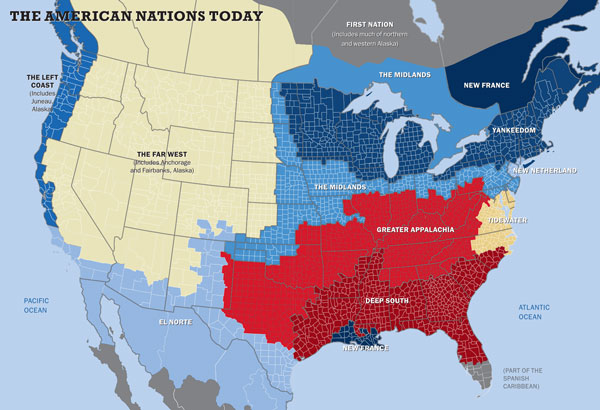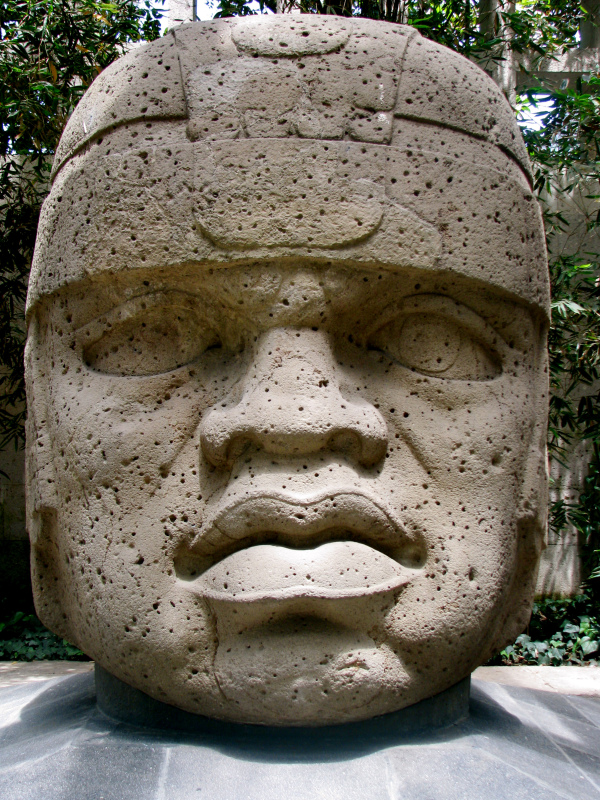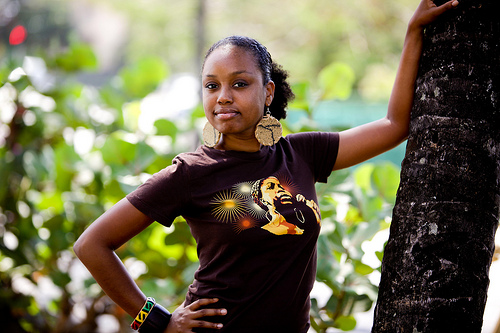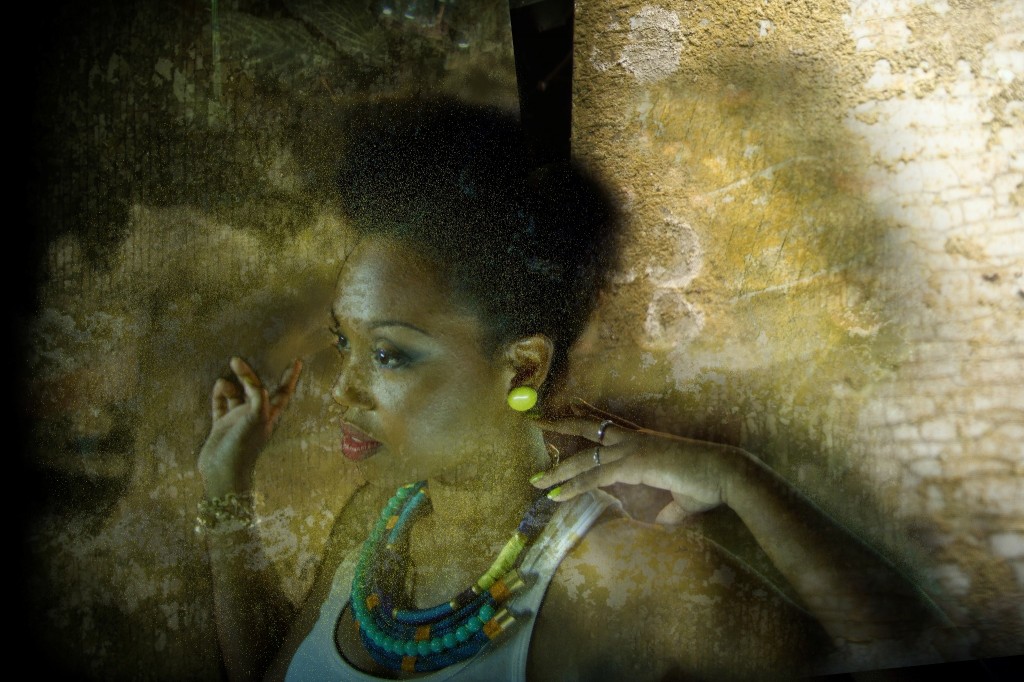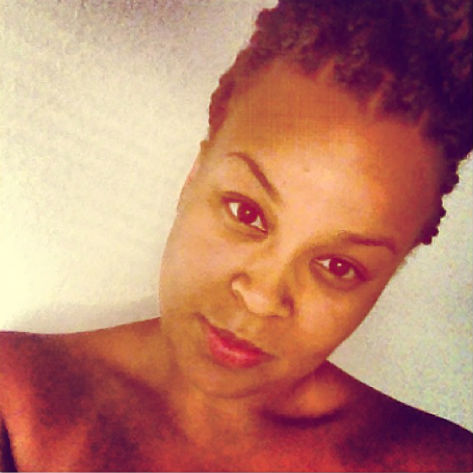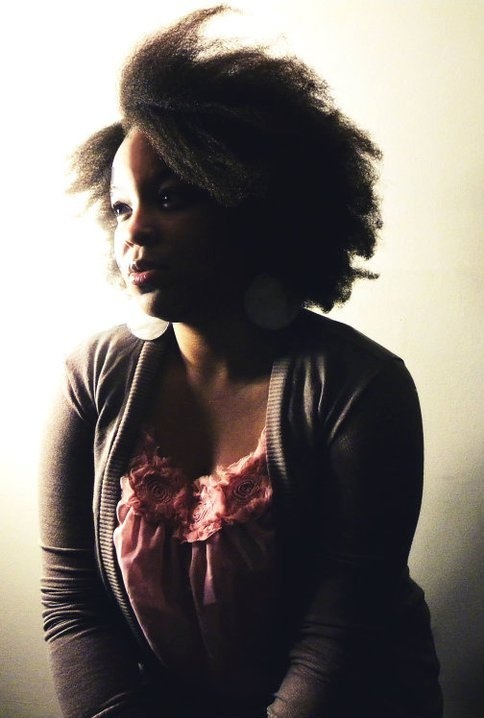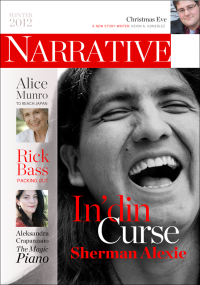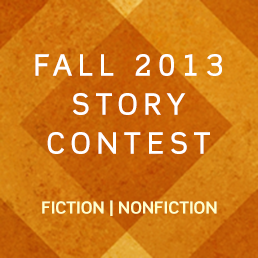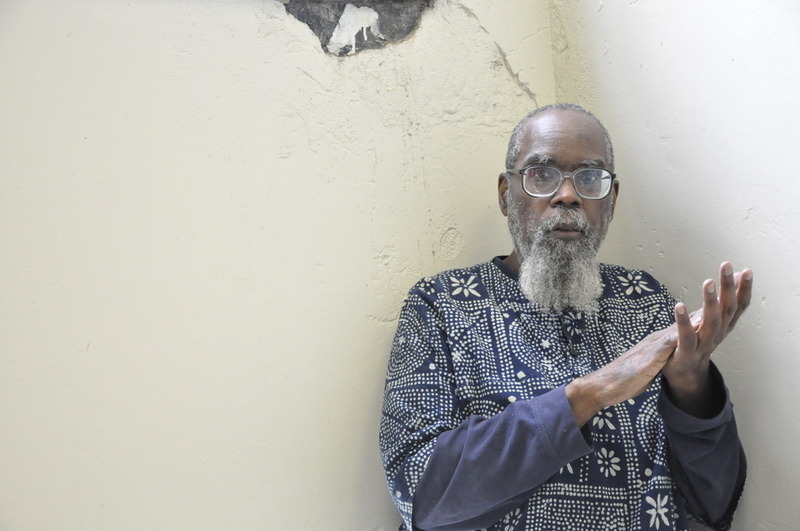
photo by Alex Lear
The Breeze And I
Last Thursday I drove out of town to Lulling, Louisiana, only thirty or so miles upriver from New Orleans on the west bank of the Mississippi River. I was there to see a neurologist, Dr. Hightower, who was an associate of my brother Keith. Keith is a cardiologist and arranged the visit because he suspected I might be exhibiting symptoms of the onset of Parkinson’s disease, a degenerative illness for which there is no known cure. Additionally, Parkinson’s is idiopathic, there are no known causes of the illness. The best modern science can do is a drug regimen that will offset some of the effects.
In the early seventies I never thought about health issues when we were traveling back and forth all over Mississippi, often racing each other cross the length and breadth of an extremely hostile terrain for young black firebrands such as those of us in The Free Southern Theatre. I remember we were speeding from West Point, Mississippi headed over to Cleveland, Mississippi. Their infamous highway patrol caught me.
“Boy, you know where the courthouse in Oxford is, don’t you?”
“No sir, I don’t.”
“Well, you best go find it and pay this here ticket.”
I found it.
The court clerk was an old, white man straight out of In The Heat Of The Night. He pulled down a big, weathered ledger book. I remember his hand was trembling and the book shook as he lowered it to the counter top. At that time, I saw absolutely no commonality between me and that wrinkled, old presumed racist. Today I realize he probably had Parkinson’s.
I know now what I didn’t know then: all of we humans have more in common than are apparent when we judge each other by easy to discern differences such as gender, race, ethnicity or social behavior. I wonder was the old man’s tremors ever diagnosed or was he doing what I had done, simply accepting the inevitably of the shakes and coping with it as best he could.
How long would I have gone without professional attention had not my physician brother spotted something and had he not been able to track down a neurologist to check me out. We’re over five years after Katrina and medical care in New Orleans is still very much a spotty proposition, particularly for specialties and for mental health. I mention the latter because so many of us are suffering various stages and/or severities of depression. Our vary states of dementia, from mildly retarded to full out, bona fide crazy, often inhibit us seeking help for preventable and/or curable illnesses.
Worst than the paucity of health care in post-Katrina New Orleans was my general antipathy toward hospitals and medication, and it’s not just me. I recall Keith was hospitalized once with a fever and the physicians couldn’t figure out what was wrong with him. He had an infected appendix but the protrusion had lodged behind a rib bone or something and was not detected by normal x-rays. They wanted to do exploratory surgery. Keith nixed that. I think they finally found it when they did a CAT-scan x-ray or something like that and with a proper diagnosis, the doctors were able to operate before Keith’s appendix burst.
Also influencing my attitude was the way my father died of a mysterious illness. Friday evening he was talking. Friday night he slipped into a coma. Sunday morning he expired. Keith said when he arrived from out of town early Sunday morning there was not one doctor present who could tell him anything definitive about what was happening with daddy.
My father was not into taking medications. I’m like him. I don’t even take aspirins, but even if I was to seek treatment, without Keith’s expertise and assistance I probably would still be waiting for an initial screening. When obtaining health care is difficult, many of us just shuffle along, self medicating ourselves with over the counter pain killers. Worse, we generally ignore early signs of trouble and don’t seek treatment until we have some kind of major incident or incapacitation. And don’t even bring up the question of health insurance—if you’re poor and don’t have good health insurance, you can’t afford to get sick. It’s depressing.
Lucky for me my wife had Blue Cross insurance from her previous job as an X-ray technician at Veteran’s Hospital and my physician brother had excellent contacts, so I was able to receive first class health care shortly after a potential problem was spotted. My relatively stable mental state is due in part to the social safety net surrounding me.
It was a warm, late fall day in December and I was driving out to see a doctor. The temperature was inching up towards the high sixties, too warm to be considered a proper late autumn by New Yorkers but just the way we like fall and winter in the Crescent City. The drive over went well. I had music I’d burned to CD and when I got really close to the destination, I called for the final directions. I had just passed the non-descript gate and had to double back half a block.
Keith had seen a tremor in my right hand. Of course I had noticed it before but at sixty-three, I just passed it off as one of the many physical breakdowns that occur with getting old. I paid it no mind because the malady was infrequent and not serious enough to prevent me from using my hand.
From somewhere in my stored memory cells an image came to mind: a cut kite, fluttering downward. We used to have the kite patrol, a bunch of us adolescents on our bikes chasing after kites that broke away or were intentionally let loose. We would tear off, racing to see who would be the first to find the errant kite.
Back in the late fifties flying kites was a big thing in New Orleans. Most of us made kites. And even a lot of the adults would join in the fun. Miss Vivian who lived across the street from us and who sold chickens that she raised in her back yard would cross the street to the empty lot that was next door to our house to join the fun.
Sometimes we would make spending money by helping Miss Vivian slaughter young chickens but I didn’t have much stomach for it, so after two or three times I just stopped going. I hope my hand never goes spastic like those headless chickens whose wings beat against our pants as we held them still after Miss Vivian had sliced off their heads.
We had cut down most of the trees in the lot and that’s where we played baseball and football instead of in the street like we did when we played two-handed touch with the big boys. Lionel could throw the ball with some degree of accuracy damn near the full length of the block, three quarters of the block easy. But the street was no good for kite flying because car antennas and kite strings didn’t go well together, so when it was kite season, we generally stuck to the empty lot.
A white man whom I never saw or met owned the empty lot between our house and the corner house and refused to sell it to my father. Eventually, my father bought the corner house, which was on the other side of the lot between the two properties. My daddy’s father stayed by himself in the corner property until Betsy, when my grandfather drowned after retreating into a closet as the water rushed in.
My brothers had tried to go get him but they said the water came up too fast, and wires and trees were knocked down and all kinds of stuff was flying through the air. I believe Keith almost got hit, or was blown over, or something, and my father called Keith and Kenneth to come back. My family spent that night in the attic of our brick house before somebody in a boat carried them down to the roof of Hardin Elementary School in the next block from our house, the same school where my mother taught third grade. At that point my father must have deduced that his father was lost to the storm.
I was in the army in Texas when the hurricane hit. Kenneth says my daddy didn’t talk about his father drowning. They didn’t find the body until the following week, after the water had subsided and they were able to get into the house. Maybe it was even two weeks later. I know now that daddy was deeply affected—how do I know?
To quote my brother Kenneth’s favorite explanation for a lot of the behavior of we three brothers, “it must be genetic.” Over twenty years later I’m still deeply affected by daddy’s death even though on the surface I seem to have made peace with my father’s departure. I can talk about his transition without wincing or crying aloud. Such stoicism is typical of we Ferdinands, we take our blows and move on without lingering over the pain.
I don’t much remember my grandfather. I recall visiting him before he moved in after our family purchased the corner property. I have a deep but extremely fuzzy recollection of how my father would go check on his father when the old man stayed in some musty, two-room apartment. I believe it was somewhere in the upper ninth ward but I don’t accurately recall. My grandfather liked those old, big, square soda crackers—much thicker and more puffy than the thin saltine crackers like the ones we ate with cheese.
After grandpa relocated on the corner, my brothers and I would take turns crossing the lot to bring dinner plates to him in the evenings. He didn’t talk much. I don’t think we ever had an extended conversation beyond “here’s your dinner. You need anything else?”
I don’t have any image of my mother ever going over there, nor even my daddy spending any significant amount of time talking with his father on the porch or anything. I didn’t have words for it but it seemed to me my grandfather wanted to be alone, wanted to live hermit-like. I don’t even remember a radio over there. My father loved listening to the radio but wasn’t crazy about television. We used to watch the Gillette Friday Night boxing matches but that’s about all I remember my father regularly watching on television. I’m beginning to think solitude runs in my bloodline.
My grandfather was a big, red-bone man. Didn’t look much like my father. My daddy’s mama had died when he was very young, maybe five or six. From the one picture we found of her, years later, she was a dark-skinned woman—we couldn’t really make out her features on the blurry photo. Daddy undoubtedly took after her in appearance. I don’t think my daddy remembered his mother. In fact, my daddy didn’t even know exactly when he was born. The courthouse out in Napoleonville, or was it Donaldsonville, had burned down and the records were lost and none of the family knew for sure. So much history gets lost in the wind.
Even when the wind is blowing real hard, a kite doesn’t fall like a plane with engine failure, or even a balloon that springs a serious leak. The kite just sort of slowly flutters downward until caught in the branches of a tree or on a power line, occasionally on the roof of a house, seldom settling on the ground.
There were a lot of trees all over the Lower Ninth Ward when I was growing up in the fifties. It was sort of like living in the country. Indeed, we had a real farm with cows, horses, pigs and stuff in the next block before the city bought the two block stretch and built a school in the late fifties or early sixties. I never got to go to Harden Elementary because I was too old by the time it opened. It’s funny the bits of unconnected things you remember when you plummet your past.
I never made a box kite. I had wanted to, like the kites I saw in a book, or even construct one of those Chinese dragon kites, but I got so wrapped up in building fighter kites with razor blades embedded in the frames. We would crash the kites into each other trying to see who would have the last kite flying. In fact, now that I think about it, chasing down kites that had been knocked out of the sky was how the kite patrol started.
A red kite descending against a blue sky towards a not too distant green tree line. That’s what I think every time I remember my hand trembling until I dropped my fingers down to the desk top or atop my knee. It seems Keith’s suspicions were on target. Dr. Hightower—what a name, I wondered during the drive over whether he would be a black man. Leslie Hightower. I was willing to bet he was a brother. I was right. Anyway, after the check up, I listened with equanimity, even cracking a joke or two as Dr. Hightower delivered his preliminary diagnosis. I indeed was exhibiting symptoms of the onset of Parkinson’s Disease.
It’s days later I can’t resist the urge: from time to time I hold my hand out to see if it’s shaking. So far, every time I’ve checked it’s been relatively still, but I take note whenever I feel a brief tremor and it reminds me of catching a falling kite whose string has been cut.
—kalamu ya salaam
22 december 2010

